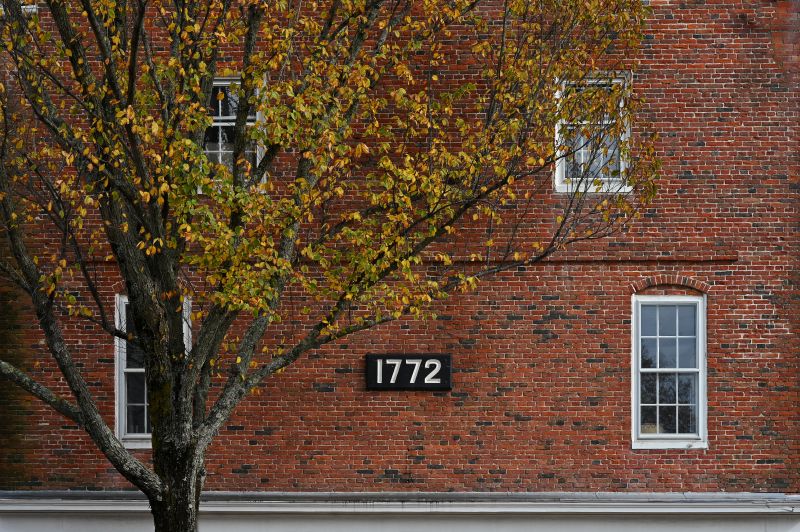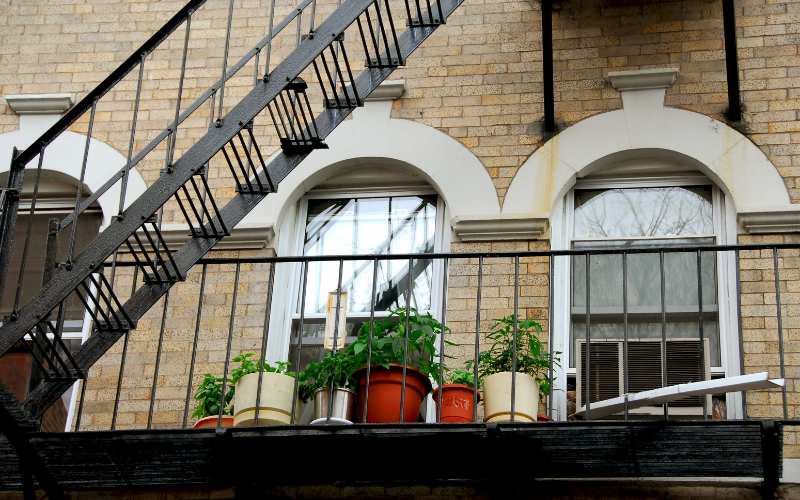
Buying a multi-family home in Boston is a big decision, and whether it’s worth it depends on your goals, financial situation, and long-term investment strategy. Are you looking for passive income? A place to live that offsets your mortgage? A way to build generational wealth? To really understand if multi-family investing is the right path for you, you need to see how it stacks up against other options. In this article, we’ll break down how multi-family properties compare to stocks, bonds, REITs, and other investments, and we’ll also look at how it fits as a primary residence compared to renting or owning a single-family home. Stick around until the end—you’ll walk away with a clearer picture of whether this is the right move for you.
- Multi-Family vs. Stocks
- Multi-Family vs. Bonds
- Multi-Family vs. REITs
- Multi-Family vs. Peer-to-Peer Lending & Crowdfunding
- Multi-Family vs. Franchises & Small Businesses
- Multi-Family vs. Private Equity & Venture Capital
- Multi-Family vs. Collectibles, Alternative Assets, and Cryptocurrencies
- Risk vs. Reward: Are You Ready to Manage a Boston Multi-Family Home?
If you're considering a multi-family home as an investment, it’s essential to compare it to other options like the stock market, bonds, REITs (Real Estate Investment Trusts), peer-to-peer lending, franchises, venture capital, and alternative speculative assets. Each has different risk-reward tradeoffs, liquidity levels, and levels of involvement required.
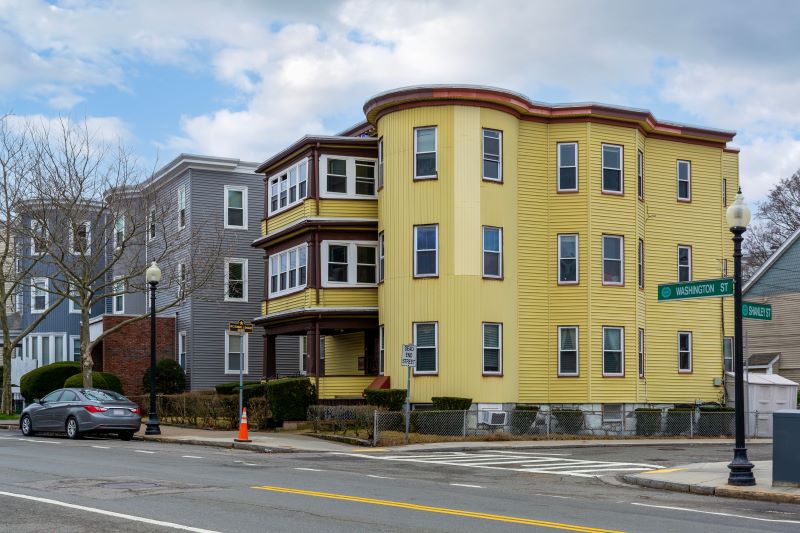
Multi-Family vs. Stocks
Investing in stocks is often seen as the simpler, more passive approach—just put your money into an index fund and let it grow. But real estate offers something stocks don’t: cash flow. With a Boston multi-family property, you're not just hoping for appreciation—you’re collecting rent every month. And if the property appreciates? That’s equity building up in your favor.
That being said, stocks are way more liquid. You can sell them at the click of a button, whereas selling a property takes time (and costs money). Plus, managing a rental takes effort. You either need to deal with tenants and maintenance yourself or pay someone else to do it, which cuts into your returns. But if you’re looking for tax benefits, real estate wins hands down—depreciation, mortgage interest write-offs, and property tax deductions can make a big difference.

Multi-Family vs. Bonds
Bonds are the classic "safe" investment. They pay a predictable return, and you don't have to think about them. But they also come with low returns—typically 3-5%. Multi-family properties, on the other hand, often generate 5-10% cash-on-cash returns, and that’s before accounting for appreciation.
That said, bonds are completely hands-off. No tenants, no repairs, no unexpected expenses. With a rental property, things break, tenants leave, and you have to deal with vacancies. And while real estate is an excellent hedge against inflation, bonds struggle to keep up with rising costs.
If you want a passive, low-risk investment, bonds are the way to go. If you want to actively grow your wealth and generate cash flow, Boston multi-family real estate is the better bet.
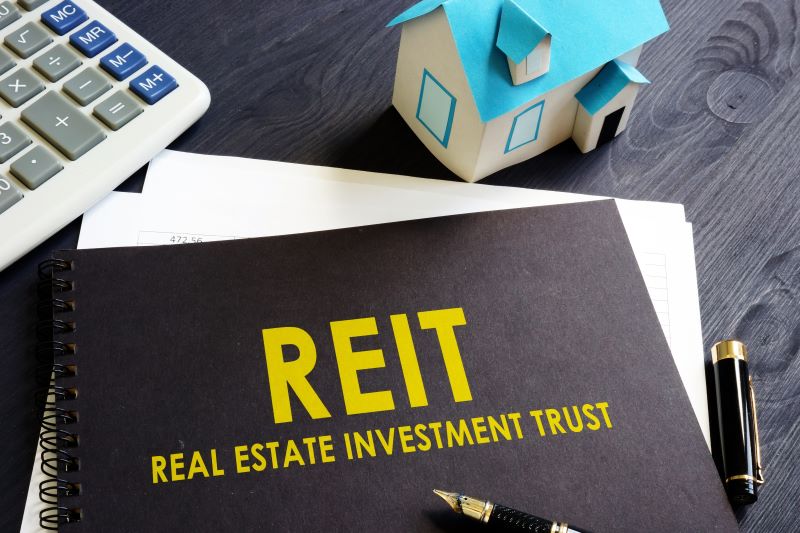
Multi-Family vs. REITs
Real Estate Investment Trusts (REITs) are basically the stock market’s version of real estate. You get exposure to real estate without actually owning property. The biggest advantage? No management headaches. You don’t have to worry about screening tenants, fixing leaks, or handling evictions. And REITs are liquid—you can sell them anytime.
But when you own an actual property, you have control. You decide how to increase rents, which expenses to cut, and when to refinance. You can also leverage financing, meaning your returns on an actual property can be much higher than just holding REIT shares. The tradeoff? It’s more work. If you’re looking for a completely hands-off investment, go for REITs. If you want direct control and potentially higher returns, Boston multi-family real estate is a better option.

Multi-Family vs. Peer-to-Peer Lending & Crowdfunding
Platforms like LendingClub and Prosper allow you to lend money to borrowers and earn interest, while real estate crowdfunding platforms like Fundrise and Roofstock let you invest in property projects without direct ownership. The upside? You don’t have to manage tenants or deal with property upkeep—you simply collect interest or dividends.
But here’s the catch: returns aren’t guaranteed, and borrowers can default. Plus, unlike a multi-family home where you can increase rent or refinance, you have no control over the performance of your investment in these lending platforms. If you want predictable, consistent income, a Boston multi-family property might still be the better long-term play.
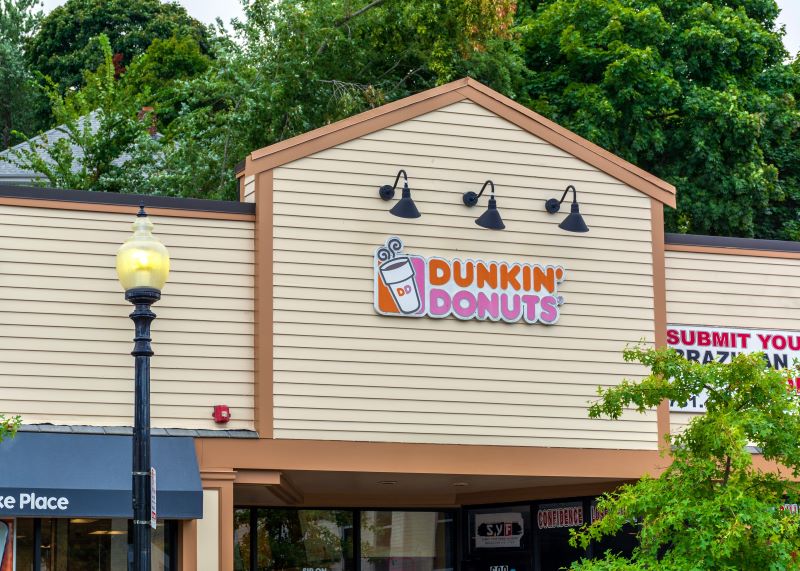
Multi-Family vs. Franchises & Small Businesses
Owning a franchise like McDonald’s or Dunkin’ or buying a cash-flowing business like a laundromat or car wash can be another path to financial independence. These businesses offer the potential for steady income, just like rental properties.
The key difference? Running a business often requires active management—you need to handle staffing, inventory, marketing, and operations. Real estate, on the other hand, can be semi-passive if you hire a property manager. Also, franchises have high startup costs and strict operational guidelines, whereas a Boston multi-family home gives you more flexibility in how you run it.
Ultimately, if you enjoy running a business and have an entrepreneurial mindset, a franchise might be a great investment. But if you prefer a more predictable, asset-backed income stream, multi-family real estate is a solid bet.

Multi-Family vs. Private Equity & Venture Capital
Investing in startups through AngelList or buying into private equity funds is another alternative. The upside? If you get in early on the next big thing, the returns can be massive—think early investors in Uber or Airbnb. But here’s the reality check: most startups fail.
Private equity investments are also illiquid—your money is tied up for years, and you have no control over how the business is run. A multi-family home, on the other hand, provides steady cash flow, tax advantages, and appreciation while giving you more control over the asset. If you’re looking for a high-risk, high-reward play, venture capital can be exciting. But if you want consistent, long-term returns, multi-family real estate remains a strong choice.

Multi-Family vs. Collectibles, Alternative Assets, and Cryptocurrencies
Speculative investments like classic cars, rare whiskey, luxury handbags, art, trading cards, and NFTs have gained popularity as alternative asset classes, and some have seen significant returns over time. Similarly, cryptocurrencies and blockchain investments like Bitcoin, Ethereum, and decentralized finance (DeFi) staking promise high upside potential but come with extreme volatility.
Here’s the thing—these markets are highly unpredictable, require deep knowledge, and can wipe out investors who don’t understand them. Unlike multi-family real estate, these speculative assets don’t generate consistent cash flow and are entirely at the mercy of market trends. The value of a collectible or cryptocurrency can skyrocket one day and crash the next, leaving investors scrambling.
If you’re well-versed in these markets, they can be lucrative. But for most investors, multi-family real estate provides a safer, more stable way to build wealth, offering rental income, tax benefits, and long-term appreciation. If your goal is sustainable growth, real estate is a much more reliable bet.
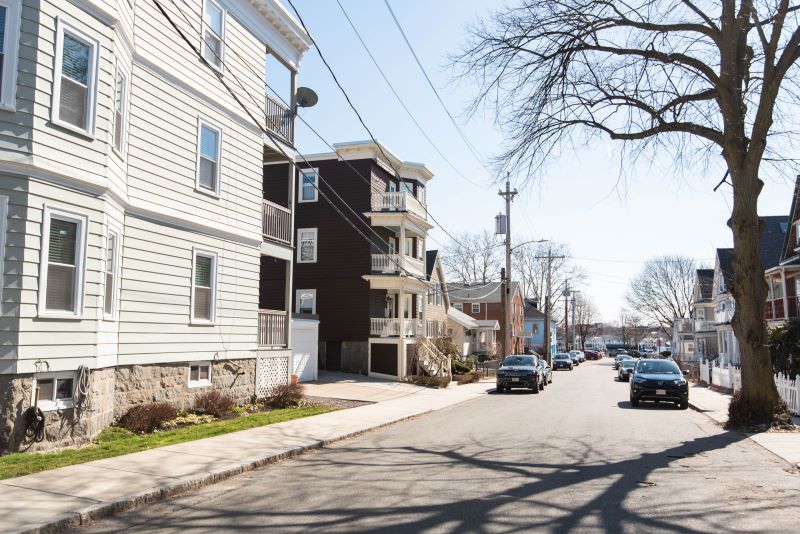
Risk vs. Reward: Are You Ready to Manage a Boston Multi-Family Home?
Buying a multi-family home isn’t just another investment—it’s a major decision that carries real responsibility. It’s not something you can just jump into without fully understanding what you’re signing up for. This isn’t just about buying a property; it’s about committing to a long-term financial strategy that requires time, effort, and the ability to navigate challenges.
You have to ask yourself some tough questions:
- Do I want to actively manage tenants and property maintenance, or should I hire a property manager?
- Am I prepared for the unpredictability of real estate—things like vacancies, repairs, and tenant issues?
- Do I truly understand my local rental market and how to set rents competitively?
- Can I handle financial setbacks, unexpected expenses, or shifts in the market?
A multi-family property in Boston can be an incredible wealth-building tool, offering rental income, appreciation, and tax advantages. But it’s not a set-it-and-forget-it investment. If you’re someone who enjoys being hands-on and sees real estate as a long-term financial strategy, this could be the right move. If you’re looking for something completely passive, there are other investment options that might suit you better.
If you’re on the fence about whether a multi-family investment is right for you—or if you’ve already decided to take the plunge and want to make sure you’re making the best moves—reach out to Kristian Kotov anytime. Let’s talk about your goals, answer your questions, and help you build a clear understanding of what this investment looks like and how we can help set you up for success. After all, this is one of the biggest financial decisions you’ll make, and it carries risk, weight, and responsibility.
The information provided in this article is for general informational purposes only and should not be construed as legal, financial, or real estate advice. While we strive to ensure accuracy, policies and regulations may change, and individual circumstances may vary. Readers are encouraged to conduct their own research and consult with legal advisors and/or local authorities before making any housing or investment decisions. The opinions expressed are those of the author and do not necessarily reflect the views of any affiliated organizations or entities.

Kristian Kotov
Published March 28, 2025



